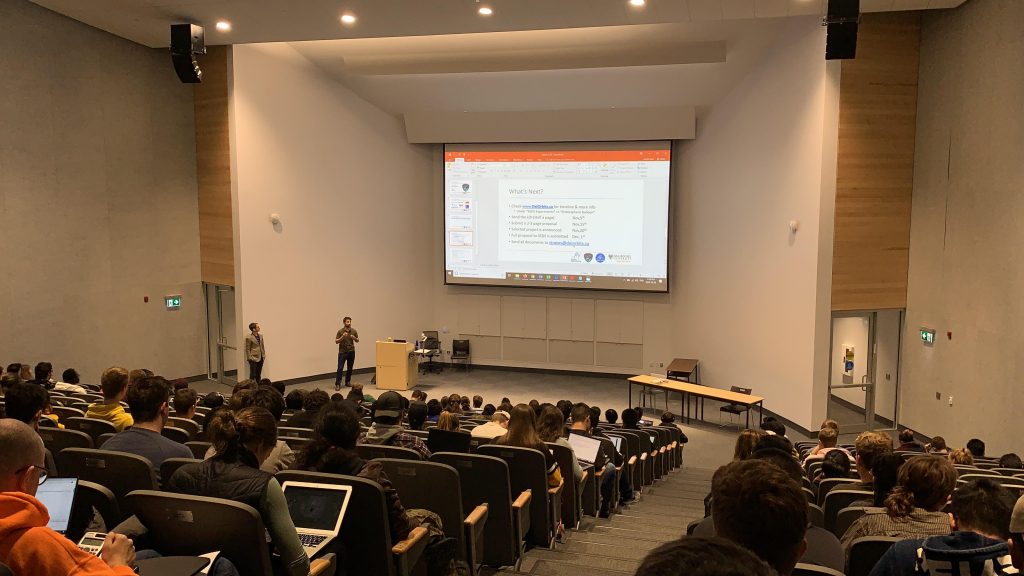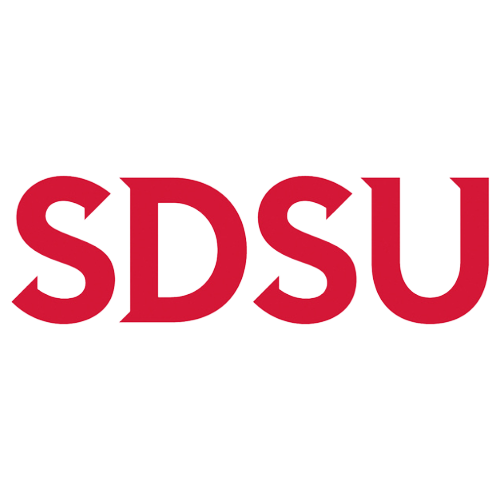The Law program at Dalhousie University is designed to educate and train students to become legal professionals. Here is a general overview of what the Law program at Dalhousie University may entail:
Core Courses: The program includes a range of core courses that provide students with a solid foundation in legal principles, concepts, and skills. These courses cover subjects such as constitutional law, criminal law, contract law, property law, tort law, administrative law, and legal research and writing.
Specialization Options: Dalhousie University's Law program may offer specialization options or concentrations in specific areas of law. These could include areas such as business law, environmental law, health law, intellectual property law, international law, or social justice.
Legal Skills Development: The program focuses on developing essential legal skills such as legal research, analysis, writing, and oral advocacy. Students learn how to conduct legal research using various sources, analyze legal issues, prepare legal documents, and effectively communicate legal arguments.
Clinical and Experiential Learning: Students may have opportunities for clinical and experiential learning through legal clinics, internships, or moot court competitions. These experiences provide practical exposure to real-world legal situations and allow students to apply their knowledge and skills in a professional setting.
Elective Courses: The Law program often includes a range of elective courses that allow students to explore specific areas of interest in greater depth. These courses may cover specialized legal topics or emerging areas of law.
Professional Ethics and Responsibility: The program emphasizes the importance of professional ethics and responsibility in the legal profession. Students learn about legal ethics, professional conduct, and the responsibilities of lawyers in serving clients and society.
Legal Research and Writing Projects: Students may be required to complete legal research and writing projects, such as legal memos or research papers, as part of their coursework.
Show less















